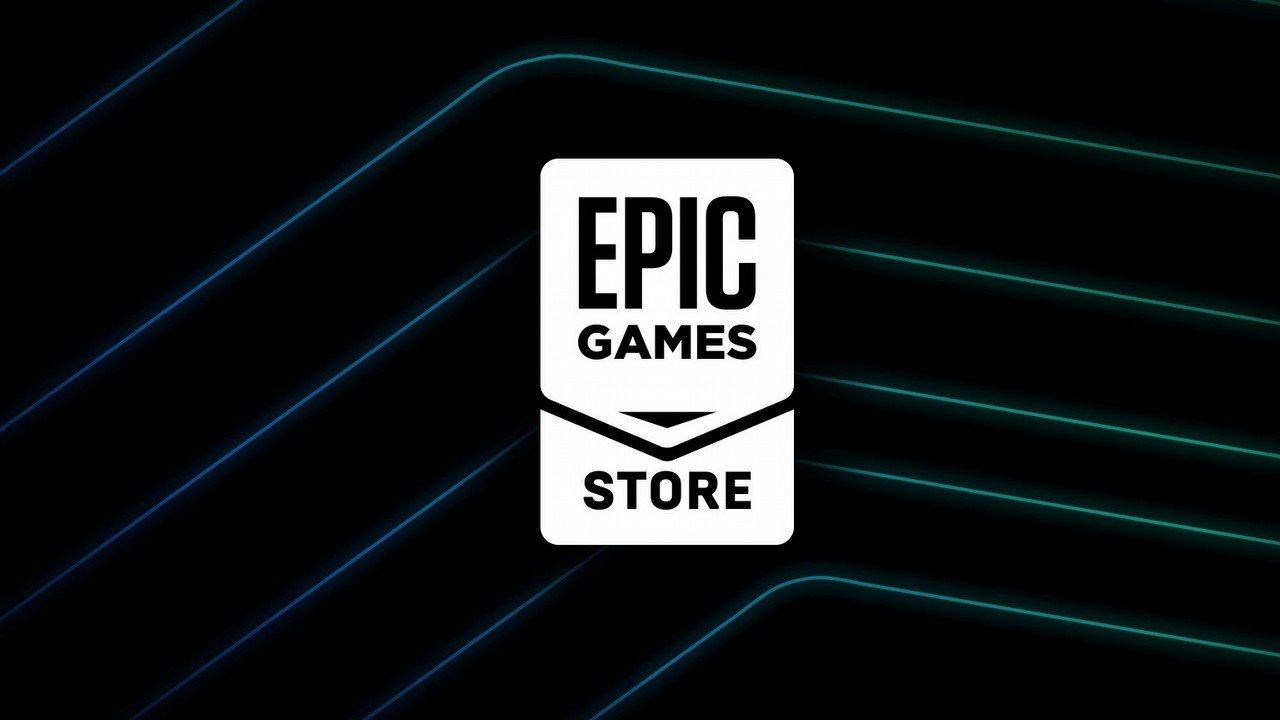Epic Games Store vs Steam - Epic Tries to Win Users With Self-publishing Tool
A system that will enable developers to self-publish games has appeared in Epic Games Store. It is currently in closed beta phase.

Epic Games Store is known for giving away free games rather than actually selling them, which isn't going too well, as we wrote about, e.g. here. Now, however, it has come out with a different initiative. Following in the footsteps of Steam Direct, an affiliate program that enables small developers to add their games to Steam, Epic has created a similar tool. Like its counterpart, it will enable developers to self-publish their games on the platform. A closed beta is currently underway, and the release date of this system for everyone is not yet known.
How will the process of publishing a game change once the tool is publicly available? As we know, until now, in order to release a game on Epic Games Store, developers had to go through a rather rigorous review process, which was conducted directly by people at Epic. Now, thanks to self-publishing tools, the process will be faster and accessible to any interested developer. Applications for the closed beta can be submitted here.
Of course, Epic will not be allowing every game onto its platform, but only those that will comply with regulations. It does not contain anything extraordinary when it comes to prohibited content: games must not: contain pornography, discriminate, provoke hatred, be a tool for fraud, etc. Bearing in mind the publishing process so far, based on direct cooperation with Epic's employees, we can assume that these rules will be strictly enforced and protect the store from questionable works. Additionally, multiplayer games must support the cross-platform feature. The entire rules and FAQ can be found here.
Coming back to the system itself, or as Epic calls it "self-publishing tools", it offers developers not only the option to release the game itself on the platform, but also to create its page in the shop, designing achievements or pricing. This brings to mind Steam Direct, which operates on a very similar principle. It is difficult to avoid comparisons between the two platforms.
It will be interesting to see how the idea of self-publishing on Epic will develop, mainly looking at the way things have gone on Steam.. The latter, having similar guidelines to the content present in games, is full of rather worthless titles, so Epic has a chance to shine in this field with independent content, but a little better controlled.
0
Latest News
- 12 million players are celebrating, but not everyone will get a gift. ARC Raiders devs give away pickaxes and bans
- Cyberpunk 2077 creator explains why male V suddenly disappeared from ads
- Court sides with GTA 6 devs. Former Rockstar Games employees suffer a painful blow in their fight for money
- 2 Xbox Game Pass games. Star Wars: Outlaws comes with a newly released zombie apocalypse simulator
- „Bloodborne is a special game for me.” Dark Souls father's honest declaration is painful and hopeless, but true

